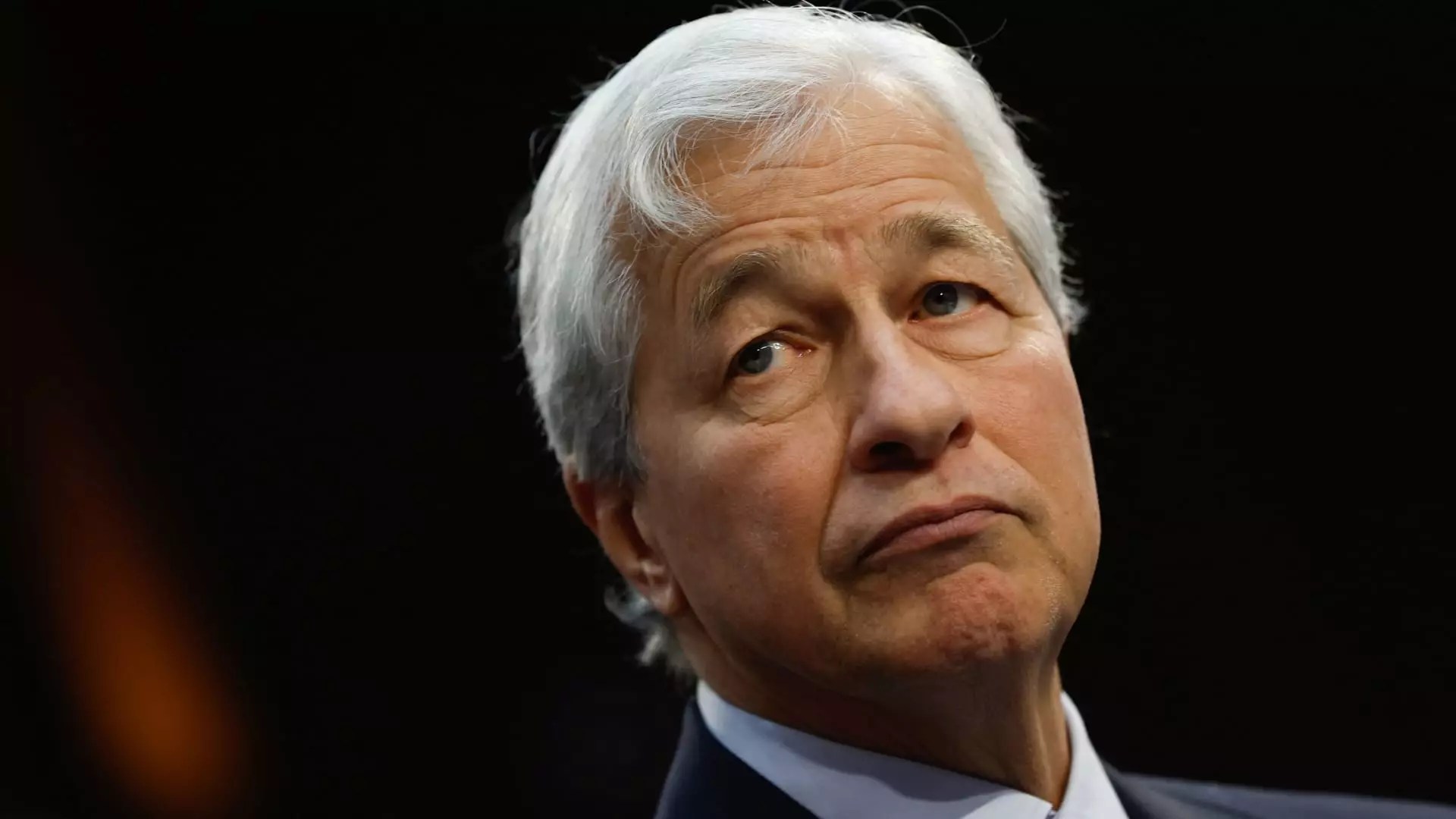In an increasingly turbulent world, Jamie Dimon, the CEO of JPMorgan Chase, has expressed grave concerns regarding the escalating risks tied to geopolitical conflicts. His remarks, made during the bank’s third-quarter earnings report, highlight the intricate web of global tensions, notably linked to the ongoing crises in the Middle East and the protracted conflict between Russia and Ukraine. Dimon’s candid observation that these events present treacherous conditions speaks to a broader uncertainty affecting global markets and economic stability.
Dimon emphasized the significant human suffering resulting from these conflicts, underscoring that the ramifications stretch beyond immediate humanitarian crises to potentially reshape the global economic landscape and historical trajectories. With the modern international order facing serious challenges, Dimon draws attention to the heightened risks of wide-ranging geopolitical fallout, including economic sanctions, trade disruptions, and shifts in alliances. He pointedly remarked on the need for strong leadership from the United States and its allies, noting that the stakes are unprecedented compared to any previous crisis encountered during his career.
The conflict involving Israel and Hamas marks a particularly acute example of this instability, having hit a grim milestone since the initial attacks in October 2023. Not only has this conflict seen a staggering loss of life, but it has also ensnared neighboring countries like Iran and Lebanon, escalating the stakes on multiple fronts. Dimon’s reference to airstrikes in Beirut and Iranian missile launches paints a picture of a conflict that could spiral out of control, further complicating the geopolitical landscape and potentially threatening global oil supplies. The specter of retaliatory measures against key infrastructure, including oil facilities, looms large, raising alarms for global economic stability.
At the same time, Russia’s unabated aggression in Ukraine remains a decisive factor. The recent approval of a draft budget by the Russian government to enhance defense spending signals a relentless commitment to its military endeavors. Analysts see this as a clear sign that Russia is not backing down, further aggravating tensions that have global implications. As these nations entangle themselves deeper into conflict, the potential for broad economic repercussions grows, influencing trade patterns and international relations.
Despite the Federal Reserve’s efforts to stabilize the economy successfully, Dimon maintains a cautious perspective. He articulates the complexity of existing economic challenges, which include large fiscal deficits, urgent infrastructure requirements, and a global environment requiring renewed military strategies. While he acknowledges that inflation is slowing and the U.S. economy shows resilience, the weight of these critical issues looms large over prospects for stability and growth. Dimon’s insights serve as a stark reminder of the volatile interplay between geopolitical events and economic realities, urging stakeholders to prepare for an uncertain future that demands vigilance and proactive leadership.


Leave a Reply